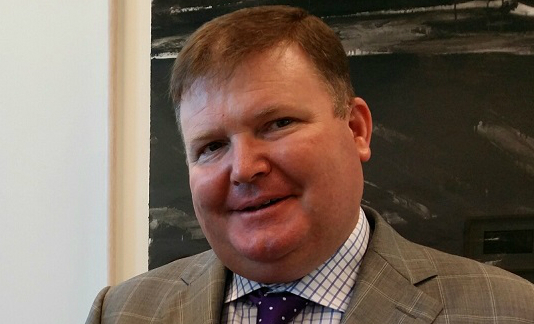
Charles Watson, general manager—IR, Policy and Governance for the Visual Media Association, weighs in on the debate over the new increase to the National Minimum Wage.
The Fair Work Commission (the Commission) has announced a 3.75% increase to the National Minimum Wage and minimum award wages.
From 1 July 2023, the National Minimum Wage will increase to $915.90 per week or $24.10 per hour, increasing award minimum wages by 3.75%.
Other award wages will receive a proportionate increase. This includes junior, apprentice, and supported wages based on adult minimum wages.
The increase applies from the first full pay period on or after 1 July 2024.
These pay rate increases follow the Fair Work Commission’s Annual Wage Review 2023-24.
Speaking on behalf of the industry, the VMA says any increase should consider the effects on inflation, tax cuts, superannuation increases and current economic restraints.
“The 3.75% increase to the National Minimum Wage, and that has flowed through into Award rates of pay, falls between the 5% that had been sought by the ACTU and the 2-3% sought by most employer groups. Leading up to the decision, the VMA held the view that any increase should be modest, taking into account the potential effects of a significant wage increase on inflation and the current lower productivity levels across the Australian economy. The VMA also requested the Commission consider the Stage 3 tax cuts and the upcoming increase to the superannuation guarantee rate when determining the minimum wage increase,’ said Charles Watson, VMA GM – IR, Policy and Governance.
‘In reviewing the decision, the Commission concluded that economic factors, particularly the sharp rise in the cost of living, weighed in favour of an increase to both the national minimum wage and the modern Award minimum wages. However, the Commission did accept the need for a level of moderation in the increase so as to constrain possible inflationary pressure arising from its decision. Further, the Commission determined that various federal budget measures detailed in May, along with Stage 3 tax cuts, were also moderating factors,’ said Watson.
‘Given most businesses in the industry pay above Award minimum rates, the impact of the decision on member wage bills would be minimal. However, for those that are close to the minimum rates and have to make upward pay rate adjustments, along with increased superannuation guarantee payments, it will further slim down margins and add to current increased business costs,’ added Watson.
Businesses can use the following Pay and Conditions Tools to help calculate the new pay rates or go to Pay Guides to access the updated pay guide for your award.
Businesses can also download an updated Fair Work Information Statement and learn more about the minimum wage increase at 2023 – 2024 Annual Wage Review.
Other changes from 1 July 2024 that employers and employees should know about include new end dates for the additional fixed-term contract exceptions, changes as part of the ‘Closing Loopholes’ laws, including new rules for right of entry permits and exemption certificates, and rights and protections for workplace delegates under awards, enterprise agreements, and workplace determinations.
From 26 August 2024, there are further changes as part of the ‘Closing Loopholes’ laws. These could impact business. These include a new definition to help determine the meaning of ’employee’ and ’employer ‘, changes to casual employment including how casual work is defined, the pathway to permanent employment, employee and employer responsibilities, a new right to disconnect for eligible employees (this doesn’t apply to small businesses until 26 August 2025), and new minimum standards and protections for ’employee-like workers’ in the gig economy and specific industries.
Check out this easy-to-read timeline for a visual snapshot of all the Closing Loopholes changes, including when they start.
Check out this visual summary for more information on enterprise bargaining and agreement changes.
Learn more about these changes at 2023 – 2024 Annual Wage Review.
Comment below to have your say on this story.
If you have a news story or tip-off, get in touch at editorial@sprinter.com.au.
Sign up to the Sprinter newsletter




